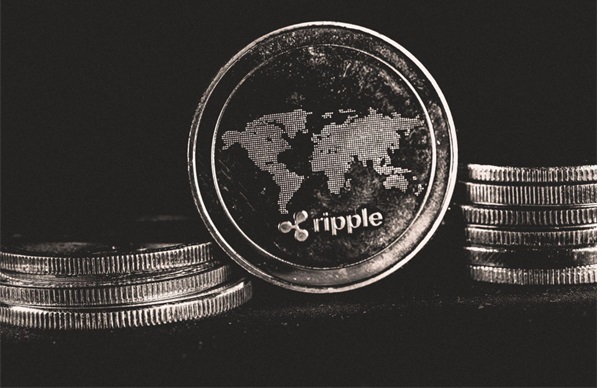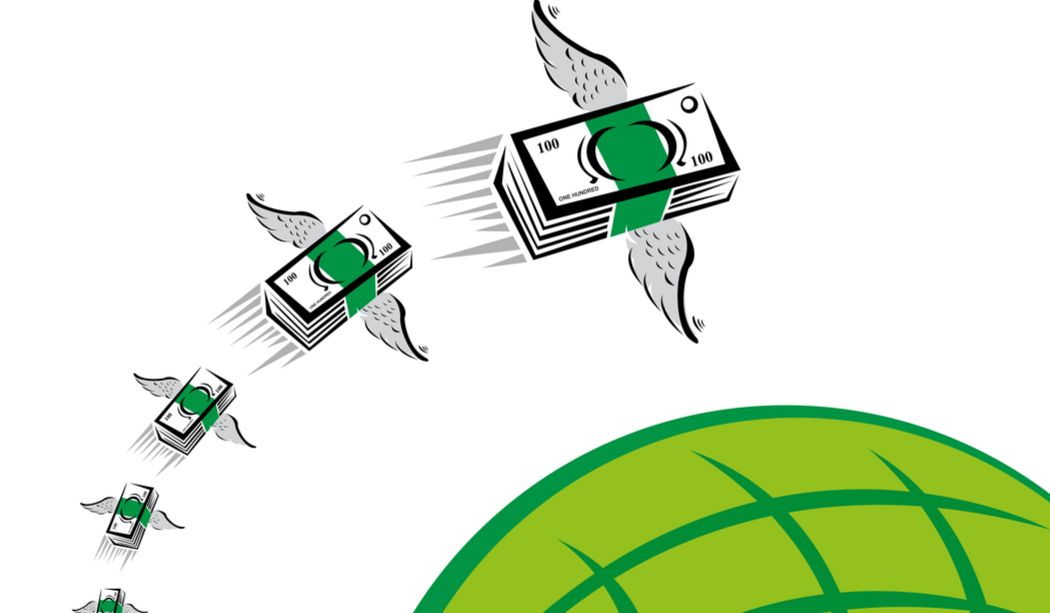The U.S. Office of the Comptroller of the Currency (OCC) announced conditional approval for Ripple’s application to charter Ripple National Trust Bank, a federally supervised national trust bank focused on digital asset custody and related fiduciary services.
This is not a full commercial banking license, it does not allow taking deposits or making loans like traditional banks, but a national trust bank charter, which enables nationwide operations under federal oversight for trust and custody activities.
The OCC conditionally approved five applications in total, including de novo charters for Ripple National Trust Bank and Circle’s First National Digital Currency Bank. Conversions from state to national trust charters were approved for BitGo, Fidelity Digital Assets, and Paxos.
Comptroller Jonathan V. Gould stated: “New entrants into the federal banking sector are good for consumers, the banking industry and the economy.” Final approval depends on meeting specific pre-opening conditions.
Ripple issued a statement highlighting the milestone for its RLUSD stablecoin, noting it will now have dual federal (OCC) and state (NYDFS) oversight—described as setting “the highest standard for stablecoin compliance.”
CEO Brad Garlinghouse called it “huge news” and pushed back against banking lobby critics. This development follows Ripple’s application in mid-2025 and represents a significant step toward greater regulatory integration for crypto firms in the U.S. banking system.
RLUSD (Ripple’s USD stablecoin, already over $1B market cap) will now fall under both federal (OCC) and state (NYDFS) supervision. Ripple calls this the “gold standard” for stablecoin transparency, reserve management, and holder protections.
Institutions wary of regulatory risks may now more readily adopt RLUSD for payments, collateral, or cross-border settlements. It reduces counterparty risks and aligns with the GENIUS Act signed in July 2025 for clear stablecoin rules.
Operational Advantages — Nationwide operations without state-by-state licensing; potential pathway to Federal Reserve master account for direct USD settlements though not yet granted.
While the charter focuses on custody and RLUSD, it integrates Ripple deeper into the U.S. banking system. This could increase institutional confidence in Ripple’s payment solutions, where XRP serves as a bridge asset for liquidity.
Community sentiment views this as a catalyst for greater XRP adoption in institutional flows. Analysts note it reinforces Ripple’s post-SEC settlement momentum, potentially driving long-term demand.
Simultaneous approvals for Ripple, Circle (USDC issuer), BitGo, Fidelity Digital Assets, and Paxos signal a shift toward integrating crypto firms into federal banking. It brings stablecoin issuers and custodians under direct OCC oversight, promoting innovation within regulated frameworks.
This will encourages more crypto-native firms to pursue charters; aligns with pro-crypto policy trends like Trump’s administration appointee leading OCC. Broader Integration — Facilitates tokenized assets, on-chain payments, and custody for ETFs/treasuries, bridging traditional finance and blockchain.
Groups like the Bank Policy Institute criticize it as a “backdoor” into banking with lighter rules no FDIC insurance. They argue it could fragment oversight or unfairly compete. Final operations depend on meeting OCC requirements like capital, governance, risk management. Delays or denials remain possible.
This approval marks a pivotal step toward mainstream crypto legitimacy in the U.S., prioritizing compliance over isolation. It positions regulated stablecoins like RLUSD and competitors like USDC as trusted alternatives in institutional finance, while setting a template for the industry’s evolution.
Short-term market reactions have been positive, with community excitement around long-term absorption into traditional systems.
U.S. Home Prices Turns Negative on a YoY Basis
Recent data indicates that U.S. home prices have turned negative on a year-over-year basis nationally for the first time since mid-2023.
This shift was reported in mid-December 2025, based on daily tracking from Parcl Labs, a real estate data firm that monitors both new and existing home prices in real time. According to their index: National home prices are now slightly below levels from a year ago a decline of less than 1%.
Prices have fallen about 1.4% over the past three months. This marks the end of positive year-over-year growth that persisted through the post-COVID surge and into 2024–early 2025. The decline follows years of rapid appreciation during 2020–2022, driven by low mortgage rates and high demand.
Sharp rate hikes in 2022–2023 pushing 30-year mortgages above 7% created an affordability crisis, reducing buyer activity and forcing some sellers to lower expectations.
Inventory has risen modestly active listings up ~13% year-over-year in November 2025, but new listings remain low, and many sellers are delisting homes rather than accepting lower offers.
Logic Case-Shiller, FHFA, NAR median prices, and Redfin/Zillow still show slight positive year-over-year growth around 1–3% as of late 2025, but with slowing momentum and some monthly declines. Parcl Labs’ daily data captures this turning point earlier than lagged monthly/quarterly reports.
Experts note this softness could persist if mortgage rates remain elevated and inventory continues to build gradually, though a full crash is unlikely due to still-low overall supply and strong homeowner equity. This development signals a cooling market after years of gains, potentially improving affordability for buyers in 2026 if trends continue.
Trends vary significantly by region: Strongest growth in the Northeast and Midwest often called Rust Belt areas, driven by tight inventory, lower pandemic-era overheating, and resilient demand. Cooling or outright declines in the Sun Belt, particularly Florida, Texas, and parts of the Mountain West/Pacific, due to post-COVID supply increases, higher insurance costs, and reduced migration inflows.
The most recent comprehensive regional breakdown covering conventional conforming mortgages. All divisions except Pacific showed positive YoY changes; prices rose in 44 states + DC.
Real-time data from sources like Parcl Labs, Realtor.com, and analyst reports highlight faster cooling in overbuilt or high-cost areas: Many Florida metros like Tampa, North Port, Cape Coral, Miami: Down 3-10% YoY or from peaks; statewide listing prices down ~6% in parts of 2025
Las Vegas, NV; Phoenix, AZ; Seattle, WA; Dallas, TX: Significant slowdowns 6+ percentage points drop in growth rate. New York, Chicago, Cleveland, Boston, Minneapolis: Modest to strong gains, NY up ~7% in some measures.
Rust Belt areas like Milwaukee, Cincinnati, Detroit, Philadelphia, holding up best with rising sales and prices amid low inventory. This split reflects a “two-speed market”: Overheated pandemic boomtowns are adjusting with more inventory and price concessions, while undersupplied northern/urban areas continue appreciating slowly.
In 2026, Analysts from Zillow, Redfin, etc. forecast continued divergence: Sun Belt cooling may persist or deepen slightly, offering more buyer leverage. Northeast/Midwest likely to see steadier if modest gains.
National YoY growth expected ~1-2%, with affordability improving gradually as rates stabilize and inventory builds unevenly.
Overall, the market is rebalancing after years of rapid gains, but no widespread crash is anticipated due to low supply and high equity levels. Buyers in cooling regions may find better opportunities soon.






